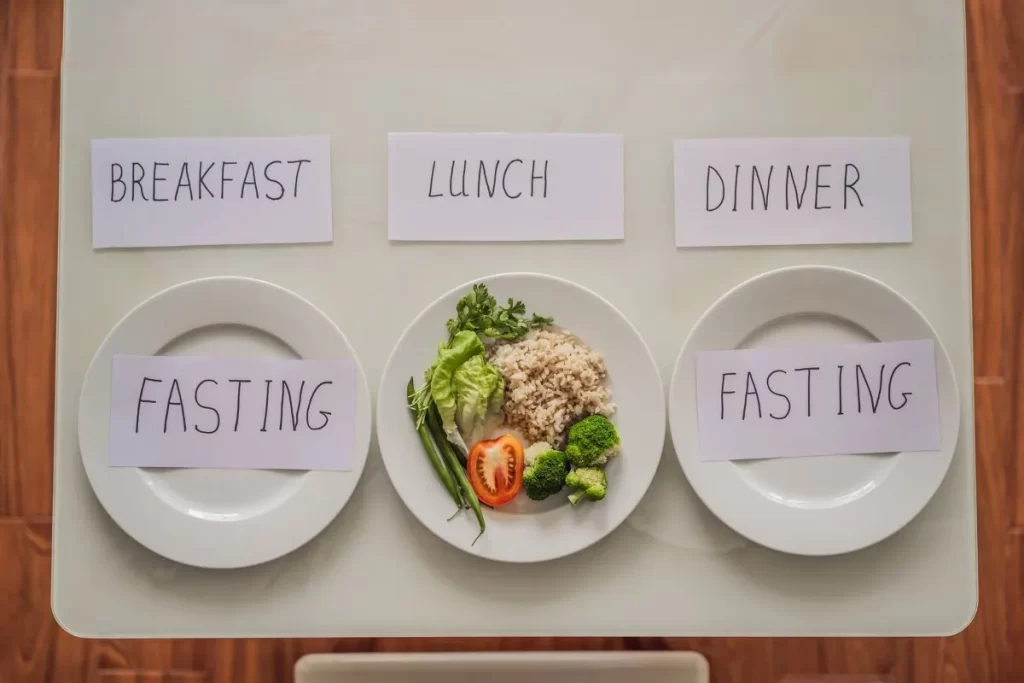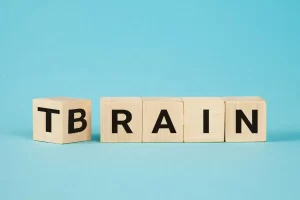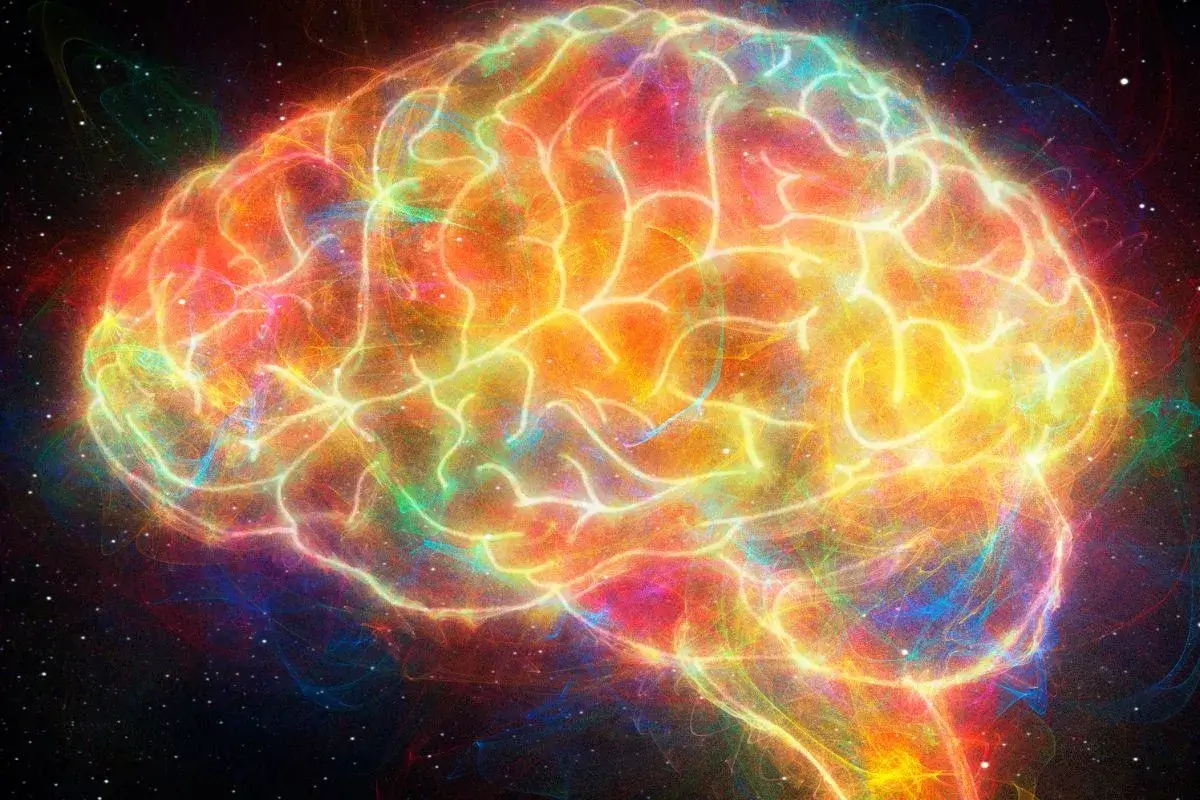The first time I tried fasting, it was more out of curiosity than anything else, a sort of experiment to see if I could go a day without eating. Little did I know that this simple act would open up a new world for me—one that not only transformed my physical health but also had a profound impact on my mental well-being.
We often associate fasting with physical benefits like weight loss and improved digestion. But over the years, I learned that fasting isn’t just a dietary choice. So, what if I told you that fasting could be your secret weapon for mental resilience and cognitive function?
Intrigued?
Does Fasting Calm the Mind?
The simple answer is yes.
Fasting has been shown to calm the mind by reducing oxidative stress and inflammation, which are key factors in mental health disorders. When you fast, your body goes into a state of autophagy, cleaning out damaged cells and regenerating new ones. This process has a calming effect on the mind, helping you think more clearly and make better decisions.
In a world that constantly bombards us with information and stimuli, fasting serves as a form of mental decluttering. By focusing on the essentials and eliminating the constant need for food, your mind can better focus on the tasks at hand, leading to a calmer mental state.
Fasting Benefits for Mental Resilience
When I first started intermittent fasting, I found the initial days to be tough. But as I persisted, I noticed a newfound sense of mental clarity and focus. It was as if a fog had lifted, allowing me to tackle challenges with a more resilient mindset.
The discipline required to fast teaches us valuable lessons in self-control and delayed gratification. It’s not just about resisting the temptation of our favourite foods; it’s about building the mental strength to make healthier choices in all aspects of life.

Fasting and Cognitive Function
Fasting does more than just help us lose weight (if that’s what we’re looking for); it also has a positive impact on our brain’s cognitive functions. When you fast, your body initiates a cascade of hormonal changes, one of which involves the release of a special protein called brain-derived neurotrophic factor (BDNF). This protein is also known as the ‘fertilizer for the brain’ because it stimulates the growth and maintenance of new neurons, enhancing brain health.
The increased levels of BDNF not only improve focus and memory but also offer a protective shield against neurodegenerative diseases like Alzheimer’s. Think of it as upgrading your brain’s hardware and installing a top-notch security system all at once. Studies have shown that higher levels of BDNF can delay the onset of Alzheimer’s and even mitigate its symptoms to some extent.
Mental Strength Through Fasting
Fasting helps us develop mental strength by teaching us to resist immediate gratification for long-term benefits. It’s a form of mental training that builds your resilience and ability to handle stress.
Fasting for Improved Mental Health
While fasting is not a substitute for professional mental health treatment, it can be a supplementary approach to improving your mental well-being. The act of fasting can help regulate mood swings and even alleviate symptoms of depression and anxiety to some extent.
During a particularly stressful period in my life, I decided to incorporate fasting into my routine. Not only did I feel lighter physically, but my mental state also seemed more balanced. It was as if fasting had hit the reset button on my emotional well-being.
How Fasting Impacts Brain Resilience?
When you fast, you’re essentially putting your brain into a state of mild stress. While the word ‘stress’ often carries negative connotations, in this context, it’s actually beneficial. That’s because there are two types of stress – eustress and distress. Fasting causes the former, which is a good type of stress. This mild stress acts as a form of mental exercise, preparing your brain to handle more significant stressors that you might encounter in daily life.
Imagine your brain as a muscle. I know it’s not but just imagine it for a second. When you lift weights, you’re putting stress on specific muscles, causing tiny tears that heal to form stronger, more resilient muscle tissue. Similarly, the mild stress induced by fasting triggers a biological response known as neuroplasticity, where the brain adapts and reorganizes itself. This process enhances your brain’s resilience, making it better equipped to cope with challenges, whether they’re emotional, psychological, or cognitive.

Intermittent Fasting Tips for Mental Wellness
- Start Slow: If you’re new to fasting, begin with shorter periods and gradually work your way up.
- Stay Hydrated: Dehydration can affect your mental state. Drink plenty of water and fluids like herbal teas during your fasting window.
- Consult a Professional: Before starting any fasting regimen, consult your doctor, especially if you have existing health conditions.
Combining Fasting and Mental Resilience
The discipline and self-control gained from fasting can be applied to other areas of life, enhancing your overall mental resilience. Whether it’s sticking to a workout routine or meeting deadlines, the mental fortitude you develop through fasting can be a game-changer.
Mental Health Tips
Mindfulness
While fasting, consider incorporating mindfulness techniques like deep breathing or meditation. These practices can help you become more aware of your thoughts and feelings, enhancing the mental clarity that fasting often brings. It’s like giving your mind the same ‘reset’ that your body gets during a fast.
Physical Activity
Don’t underestimate the power of a good workout, especially when you’re fasting. Exercise causes the release of endorphins- these are natural mood uplifters. They can help you combat any irritability or low energy you might experience during a fast. Plus, physical activity is known to improve mental resilience, making it the perfect partner to the mental benefits of fasting!
Fasting and Mental Health Treatment
It’s important to note that while fasting has its benefits, it should not replace conventional mental health treatment. Always consult with a doctor or a psychiatrist for a comprehensive treatment plan that may include medication, therapy, and lifestyle changes.
How do You Know if Fasting is Not for You?
Determining whether fasting is suitable for you primarily hinges on your individual health, lifestyle, and preferences.
1. Medical Conditions
If you have underlying medical conditions such as diabetes or eating disorders or are pregnant, fasting might not be advisable. Consulting a healthcare professional is crucial before embarking on any fasting regimen, as they can provide personalized guidance based on your health status.
2. Discomfort
If you find fasting causes severe physical or psychological discomfort, such as dizziness, extreme fatigue, or heightened anxiety, it may not be a suitable approach for you. Our bodies react differently to fasting, and it’s important to listen to your own signals.
3. High Physical Demands
Furthermore, if you have a highly active lifestyle or strenuous physical demands, fasting might not align with your energy requirements and could impact your performance negatively.
4. Undue Stress
Lastly, if you simply don’t enjoy fasting and it causes undue stress or disrupts your daily routine, it may be worth exploring alternative dietary strategies that align better with your lifestyle.
Ultimately, the decision to fast should be a well-informed one, taking into account your health, comfort, and overall well-being.
In Closing – The Mind-Body Connection Through Fasting
As someone who has navigated several personal challenges that have affected her physically, mentally and emotionally, I can attest to the transformative power of fasting—not just for the body, but for the mind as well. Fasting is not just about abstaining from food; it’s a holistic approach to wellness that can significantly improve your mental resilience and cognitive function. From my own journey, I’ve learned that the discipline and self-control required for fasting have ripple effects on other aspects of life, making me more resilient, focused, and mentally agile.
The next time you consider fasting, remember it’s not just your body that stands to gain; your mind will thank you too. Here’s to a healthier, more resilient you!



2 Comments